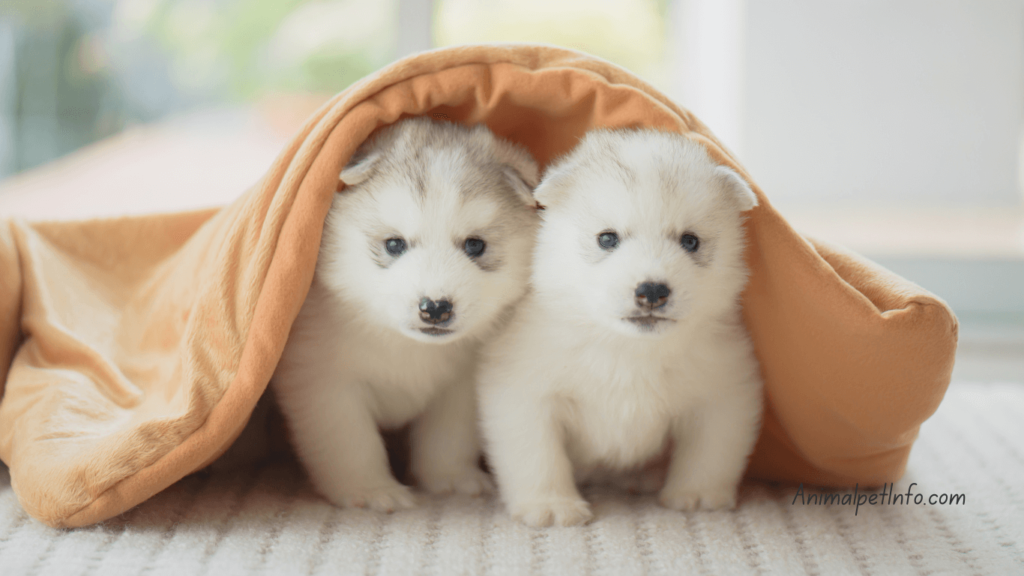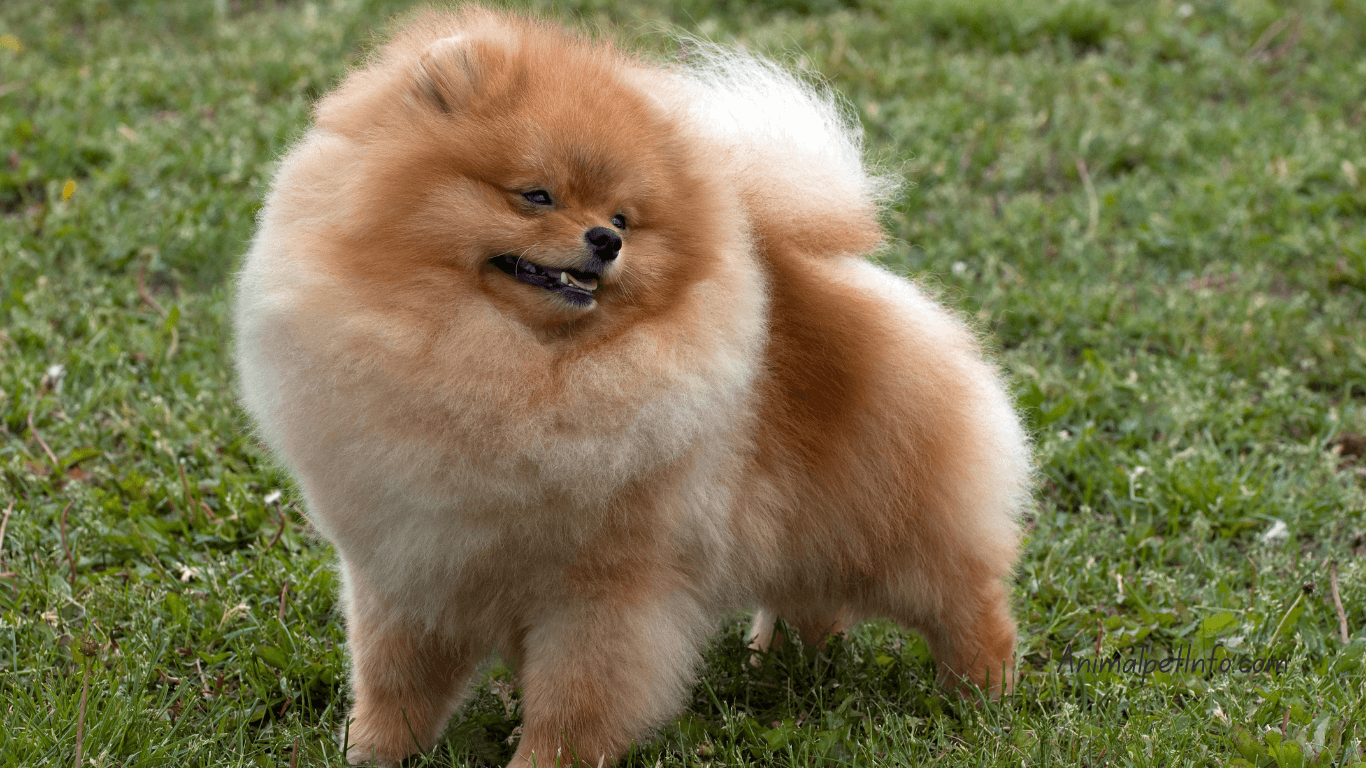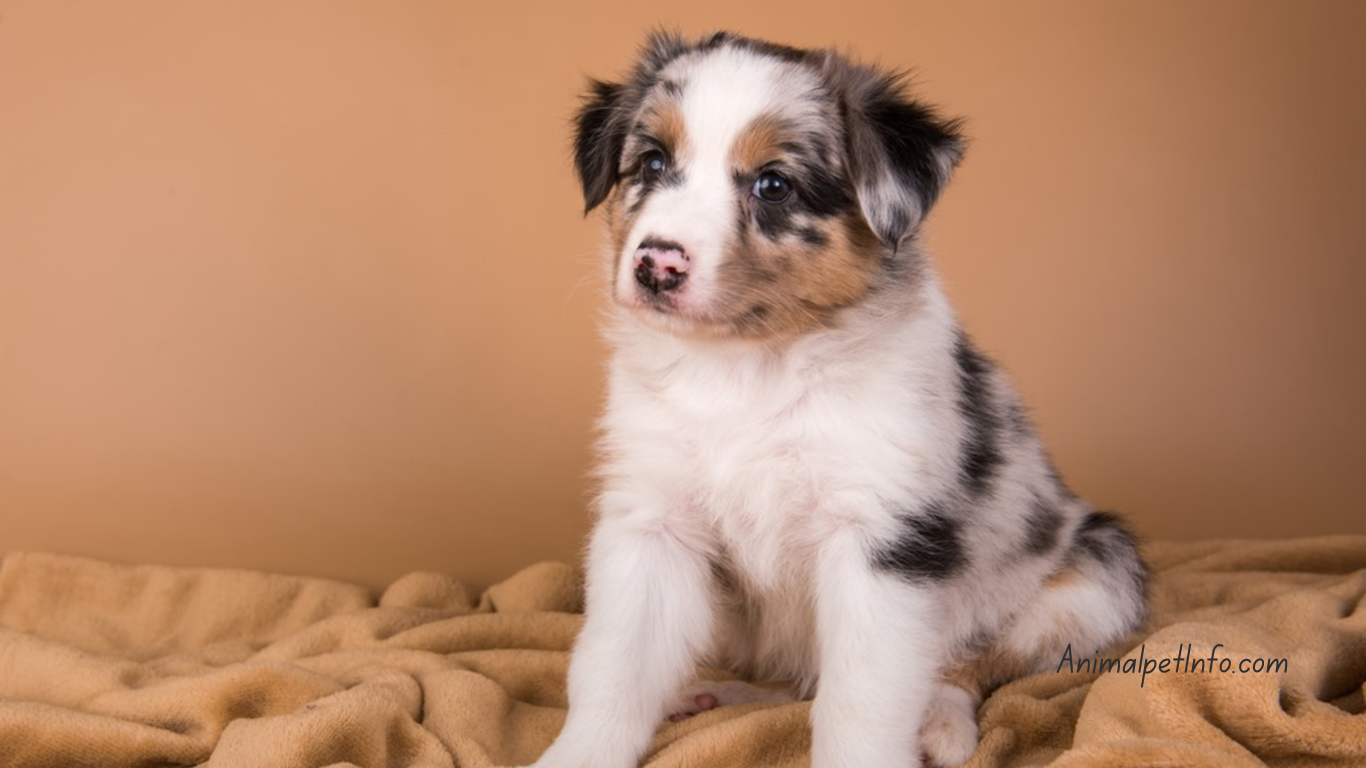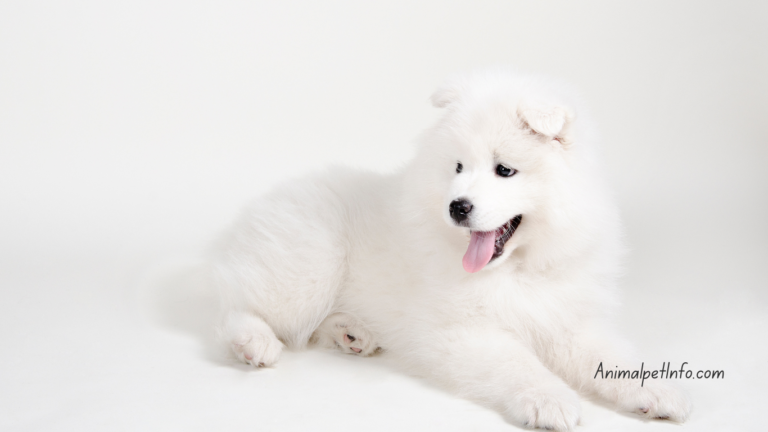Introduction Note
Bringing home a new Puppy is a romantic and joyful experience, but along with it comes a great guardian which is especially responsible for monitoring its health. One of the most common question is asking by new pet owners today “How many times a day should a puppy poop?” Understanding your puppy’s digestive habits is essential for ensuring their overall well-being and health. In this in-depth guide, we’ll discuss how often puppies should poop, factors that affect their health, and pro tips for maintaining a healthy digestive system.
Table of Contents
Toggle
Why Monitoring Your Puppy’s Poop Matters
A puppy’s poop is a window into their overall health. Tracking their bathroom habits helps you:
-
Spot digestive issues early: Diarrhea, constipation, or unusual frequency can signal diet problems, parasites, or infections.
-
Adjust feeding routines: Puppies eat frequently, and their poop schedule reflects their meal plan.
-
Ensure proper growth: Consistent, healthy bowel
-
movements mean nutrients are being absorbed effectively.
How Often Should a Puppy Poop?
The frequency of a puppy’s bowel movements depends on several factors, such as age, diet, and activity level. On average, puppies poop between 3 to 5 times per day. Younger puppies, especially those under 12 weeks old, may go even more frequently due to their fast metabolism and frequent feeding schedule.
Puppy Poop Frequency by Age
- Newborn to 3 Weeks Old – Puppies rely on their mother’s milk, and their bowel movements are frequent but small.
-
3 to 8 Weeks Old – Puppies start eating solid food and may poop 5 to 6 times a day.
-
8 to 12 Weeks Old – Puppies poop around 4 to 5 times a day as their digestive system matures.
-
3 to 6 Months Old – The frequency may reduce to 3 to 4 times per day.
-
6 Months and Older – At this stage, most puppies poop about 2 to 3 times per day, depending on their diet and routine.

Factors That Affect a Puppy’s Bowel Movements
Several factors influence how often your puppy poops. Let’s explore the key ones:
1. Diet and Nutrition
The type and quality of food your puppy eats play a significant role in their bowel movements. Puppies on high-quality, digestible diets tend to have firmer and less frequent stools compared to those on low-quality, filler-heavy food.
Tips for Healthy Digestion:
-
Choose high-protein, easily digestible puppy food.
-
Avoid table scraps and processed foods.
-
Maintain a consistent feeding schedule.
2. Feeding Schedule
Puppies typically poop after eating, so their feeding schedule directly affects their bowel movements. Most puppies eat 3 to 4 meals per day, leading to multiple pooping sessions. Establishing a consistent feeding routine helps regulate their digestive system.
3. Hydration Levels
Water intake also affects how often your puppy poops. Dehydration can lead to constipation, while excessive water consumption may result in loose stools.
Ensure your puppy stays hydrated by:
-
Providing fresh water at all times.
-
Monitoring their water intake, especially in hot weather.
4. Physical Activity and Exercise
Exercise helps stimulate a puppy’s digestive system. Puppies who get regular playtime and walks are likely to have more consistent bowel movements.
5. Stress and Anxiety
Changes in environment, new people, or separation anxiety can lead to irregular bowel movements. Some puppies may experience stress-related diarrhea, while others may become constipated.
6. Health Conditions and Parasites
If your puppy’s poop frequency changes drastically, it may indicate health issues such as:
-
Worm infestations – Common in puppies and may cause diarrhea.
-
Gastrointestinal infections – Can lead to loose stools or constipation.
-
Food allergies or intolerances – May result in irregular pooping patterns.
Consult a veterinarian if you notice drastic changes in your puppy’s poop frequency, consistency, or color.

What Does Healthy Puppy Poop Look Like?
Observing your puppy’s stool is crucial for monitoring their health. Here’s what to look for:
✅ Color – Healthy poop should be chocolate brown. Any unusual colors like yellow, green, or black could indicate a health issue.
✅ Consistency – Firm but not hard; soft stools may indicate digestive upset.
✅ Shape – Well-formed, log-like shape indicates good digestion.
✅ Odor – A normal poop has a mild smell; an extremely foul odor may signal dietary problems or infections.
If your puppy’s poop is consistently too loose, too hard, or an unusual color, consult a vet.
When to Be Concerned About Puppy Poop?
Certain symptoms indicate a problem with your puppy’s digestive system. Seek veterinary attention if you notice:
-
Diarrhea lasting more than 24 hours
-
Blood or mucus in the stool
-
Excessively hard stool (constipation)
-
Lethargy, vomiting, or loss of appetite along with poop changes
-
Frequent straining without producing poop

How to Maintain a Healthy Digestive System in Puppies
Ensuring that your puppy has a healthy digestive system requires proper care and attention. Follow these tips:
1. Feed a Balanced Diet: Choose high-quality puppy food with the right balance of protein, fats, and fiber.
2. Stick to a Regular Feeding Schedule: Feed your puppy at the same times daily to regulate digestion.
3. Provide Plenty of Water: Hydration is key for preventing constipation and maintaining healthy stool.
4. Introduce New Foods Gradually: Sudden changes in diet can cause digestive upset.
5. Keep Your Puppy Active: Exercise stimulates digestion and promotes regular bowel movements.
6. Schedule Regular Vet Checkups: Routine checkups help detect potential health problems early.
A Day in the Life: Sample Puppy Poop Schedule
7:00 AM: Wake up → First potty break (poop likely).
8:00 AM: Breakfast → Poop within 1–2 hours.
12:00 PM: Lunch → Midday poop.
3:00 PM: Playtime → Post-activity bowel movement.
6:00 PM: Dinner → Evening poop.
9:00 PM: Pre-bed potty break → Final poop of the day.
Adjust based on your puppy’s unique rhythm!
Tools to Track Your Puppy’s Habits
-
Poop journal: Note time, consistency, and frequency.
-
Pet care apps: Try Puppy Potty Log or Doggy Time for reminders.
-
Smart cameras: Monitor habits while you’re away.
FAQs: Your Top Puppy Poop Questions Answered
Q: My puppy poops 8 times a day—is this normal?
A: For very young puppies (8–12 weeks), yes. If stools are healthy and they’re acting normally, it’s likely due to frequent feeding.
Q: Why does my puppy eat their own poop?
A: Coprophagia is common but can stem from nutrient deficiencies, boredom, or instinct. Discourage it by cleaning up immediately and adding probiotics to their diet.
Q: How long after eating does a puppy poop?
A: Usually 30 minutes to 2 hours post-meal. Take them outside or to their potty pad during this window.
Q: Can stress affect poop frequency?
A: Yes! New environments, separation anxiety, or loud noises can cause diarrhea or irregularity.
Q: Are green stools dangerous?
A: Green poop can indicate eating grass, gallbladder issues, or parasites. Monitor and consult a vet if it persists.
Final Tips for New Puppy Parents
-
Be patient: Accidents and irregularity are normal in the first few months.
-
Prioritize vet checkups: Early detection of parasites or allergies saves stress.
-
Celebrate milestones: Fewer nighttime poops = better sleep for everyone!
Final Thoughts
So, how many times a day should a puppy poop? The answer varies based on their age, diet, activity level, and health. On average, puppies poop 3 to 5 times a day, with younger puppies going more frequently. Monitoring your puppy’s stool can provide valuable insights into their overall health. If you notice any abnormalities, consult your veterinarian immediately.
By following proper nutrition, maintaining a consistent feeding schedule, and keeping your puppy active, you can help regulate their digestive system for a happy and healthy life.
Do you have any questions about your puppy’s potty habits? Leave a comment below and share your experiences!
Happy Puppy

